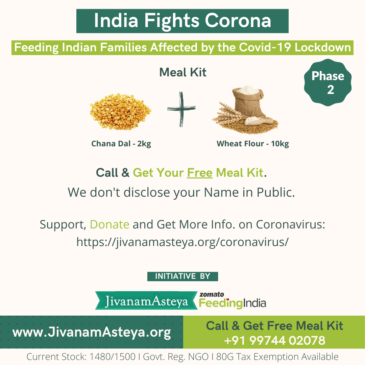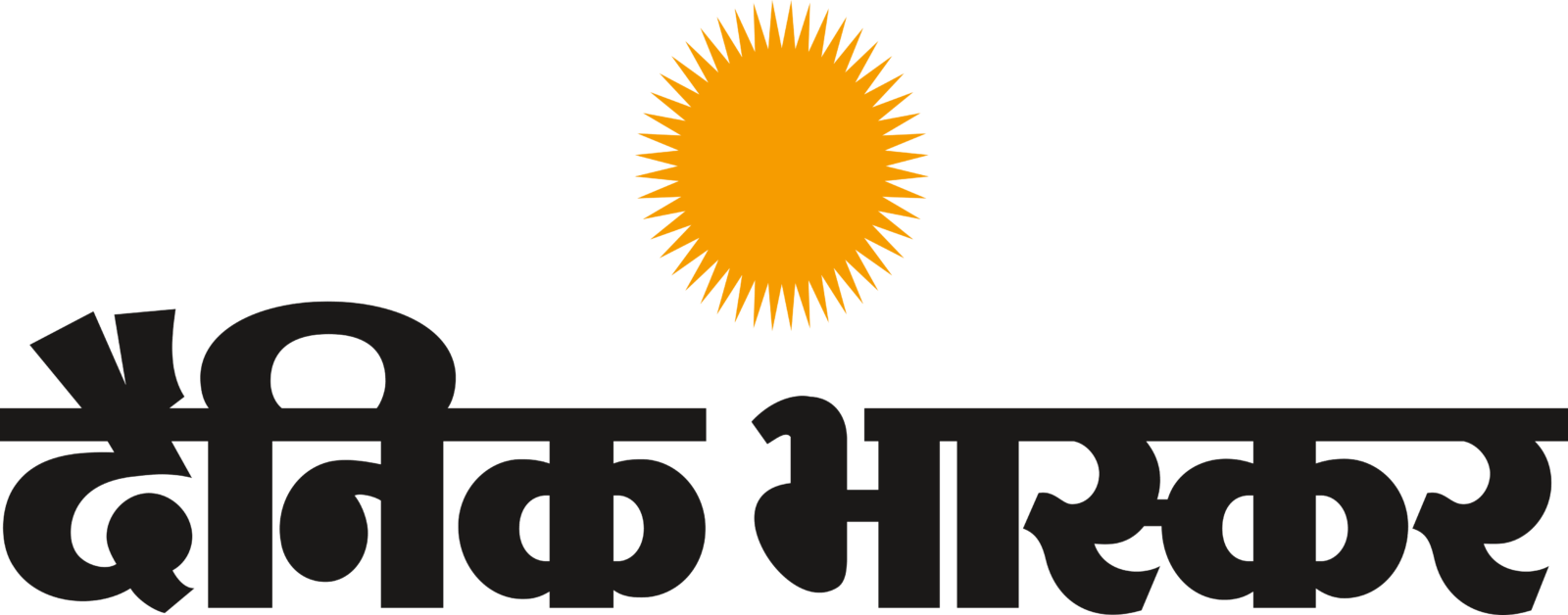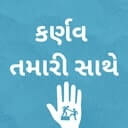India Fights Corona
An NGO Initiative to provide aid, support & awareness to citizens affected from Covid-19 Blockdown, & to Fight & Prevent COVID – 19 Novel Coronavirus in India, & addressing citizen’s socio-economic issues. To work in Research & Development related to Rate Disease, aid in support for Police Government Officials & Healthcare Professionals.
What We Do
Our 4 Goals:
1. Funding activities to slow the spread of the virus, including public health messaging campaigns.
2. Supporting Frontline Healthcare Workers, Police Officials, Government Officials, and Social Workers.
3. Building nonprofit capacity to prepare health workers and communities to fight this and future epidemics, and Rare Diseases.
4. Distribution of Meal Kits and other essential resources to the citizens affected from Covid-19 Lockdown.
Donor & Partners



Coronavirus COVID-19 Global MAP
Click on Country in the MAP below, to see Real-Time, Live Case Details. By, “Johns Hopkins University”
Coronavirus Resources
What is Coronavirus
Read More
Coronavirus disease (COVID-19) is an infectious disease caused by a new virus. The disease causes respiratory illness (like the flu) with symptoms such as a cough, fever, and in more severe cases, difficulty breathing. You can protect yourself by washing your hands frequently, avoiding touching your face, and avoiding close contact (1 meter or 3 feet) with people who are unwell.
Symptoms of Covid-19
Read More
The most common symptoms of COVID-19 are fever, tiredness, and dry cough. Some patients may have aches and pains, nasal congestion, runny nose, sore throat or diarrhoea. These symptoms are usually mild and begin gradually. Some people become infected but don’t develop any symptoms and don’t feel unwell. Most people (about 80%) recover from the disease without needing special treatment. Around 1 out of every 6 people who get COVID-19 becomes seriously ill and develops difficulty breathing. Older people, and those with underlying medical problems like high blood pressure, heart problems or diabetes, are more likely to develop serious illness. People with fever, cough and difficulty breathing should seek medical attention.
Incubation Period
Read More
The “incubation period” means the time between catching the virus and beginning to have symptoms of the disease. Most estimates of the incubation period for COVID-19 range from 1-14 days, most commonly around five days. These estimates will be updated as more data become available.
What Not to Do
Read More
The following measures ARE NOT effective against COVID-2019 and can be harmful:
- Smoking
- Wearing multiple masks
- Taking antibiotics (See question 10 “Are there any medicines of therapies that can prevent or cure COVID-19?“)
In any case, if you have fever, cough and difficulty breathing seek medical care early to reduce the risk of developing a more severe infection and be sure to share your recent travel history with your health care provider.
What is Covid-19
Read More
COVID-19 is an infectious disease caused by the most recently discovered coronavirus. This new virus and disease were unknown before the outbreak began in Wuhan, China, in December 2019.
Protection measures
Read More
Stay aware of the latest information on the COVID-19 outbreak, available on the WHO website and through your national and local public health authority. Many countries around the world have seen cases of COVID-19 and several have seen outbreaks. Authorities in China and some other countries have succeeded in slowing or stopping their outbreaks. However, the situation is unpredictable so check regularly for the latest news.
You can reduce your chances of being infected or spreading COVID-19 by taking some simple precautions:
- Regularly and thoroughly clean your hands with an alcohol-based hand rub or wash them with soap and water.
Why? Washing your hands with soap and water or using alcohol-based hand rub kills viruses that may be on your hands. - Maintain at least 1 metre (3 feet) distance between yourself and anyone who is coughing or sneezing.
Why? When someone coughs or sneezes they spray small liquid droplets from their nose or mouth which may contain virus. If you are too close, you can breathe in the droplets, including the COVID-19 virus if the person coughing has the disease. - Avoid touching eyes, nose and mouth.
Why? Hands touch many surfaces and can pick up viruses. Once contaminated, hands can transfer the virus to your eyes, nose or mouth. From there, the virus can enter your body and can make you sick. - Make sure you, and the people around you, follow good respiratory hygiene. This means covering your mouth and nose with your bent elbow or tissue when you cough or sneeze. Then dispose of the used tissue immediately.
Why? Droplets spread virus. By following good respiratory hygiene you protect the people around you from viruses such as cold, flu and COVID-19. - Stay home if you feel unwell. If you have a fever, cough and difficulty breathing, seek medical attention and call in advance. Follow the directions of your local health authority.
Why? National and local authorities will have the most up to date information on the situation in your area. Calling in advance will allow your health care provider to quickly direct you to the right health facility. This will also protect you and help prevent spread of viruses and other infections. - Keep up to date on the latest COVID-19 hotspots (cities or local areas where COVID-19 is spreading widely). If possible, avoid traveling to places – especially if you are an older person or have diabetes, heart or lung disease.
Why? You have a higher chance of catching COVID-19 in one of these areas.
Animal and Human
Read More
Coronaviruses are a large family of viruses that are common in animals. Occasionally, people get infected with these viruses which may then spread to other people. For example, SARS-CoV was associated with civet cats and MERS-CoV is transmitted by dromedary camels. Possible animal sources of COVID-19 have not yet been confirmed.
To protect yourself, such as when visiting live animal markets, avoid direct contact with animals and surfaces in contact with animals. Ensure good food safety practices at all times. Handle raw meat, milk or animal organs with care to avoid contamination of uncooked foods and avoid consuming raw or undercooked animal products.
While there has been one instance of a dog being infected in Hong Kong, to date, there is no evidence that a dog, cat or any pet can transmit COVID-19. COVID-19 is mainly spread through droplets produced when an infected person coughs, sneezes, or speaks. To protect yourself, clean your hands frequently and thoroughly.
WHO continues to monitor the latest research on this and other COVID-19 topics and will update as new findings are available.
Source of Covid-19
Read More
Currently, the source of SARS-CoV-2, the coronavirus (CoV) causing COVID-19 is unknown. All available evidence suggests that SARS-CoV-2 has a natural animal origin and is not a constructed virus. SARS-CoV-2 virus most probably has its ecological reservoir in bats. SARS-CoV-2, belongs to a group of genetically related viruses, which also include SARS-CoV and a number of other CoVs isolated from bats populations. MERS-CoV also belongs to this group, but is less closely related.
How it Spreads
Read More
People can catch COVID-19 from others who have the virus. The disease can spread from person to person through small droplets from the nose or mouth which are spread when a person with COVID-19 coughs or exhales. These droplets land on objects and surfaces around the person. Other people then catch COVID-19 by touching these objects or surfaces, then touching their eyes, nose or mouth. People can also catch COVID-19 if they breathe in droplets from a person with COVID-19 who coughs out or exhales droplets. This is why it is important to stay more than 1 meter (3 feet) away from a person who is sick.
WHO is assessing ongoing research on the ways COVID-19 is spread and will continue to share updated findings.
Should I wear Mask
Read More
Only wear a mask if you are ill with COVID-19 symptoms (especially coughing) or looking after someone who may have COVID-19. Disposable face mask can only be used once. If you are not ill or looking after someone who is ill then you are wasting a mask. There is a world-wide shortage of masks, so WHO urges people to use masks wisely.
WHO advises rational use of medical masks to avoid unnecessary wastage of precious resources and mis-use of masks (see Advice on the use of masks).
The most effective ways to protect yourself and others against COVID-19 are to frequently clean your hands, cover your cough with the bend of elbow or tissue and maintain a distance of at least 1 meter (3 feet) from people who are coughing or sneezing. See basic protective measures against the new coronavirus for more information.
Life of Virus
Read More
It is not certain how long the virus that causes COVID-19 survives on surfaces, but it seems to behave like other coronaviruses. Studies suggest that coronaviruses (including preliminary information on the COVID-19 virus) may persist on surfaces for a few hours or up to several days. This may vary under different conditions (e.g. type of surface, temperature or humidity of the environment).
If you think a surface may be infected, clean it with simple disinfectant to kill the virus and protect yourself and others. Clean your hands with an alcohol-based hand rub or wash them with soap and water. Avoid touching your eyes, mouth, or nose.
First Covid-9 Case
Read More
The first human cases of COVID-19 were identified in Wuhan City, China in December 2019. At this stage, it is not possible to determine precisely how humans in China were initially infected with SARS-CoV-2.
However, SARS-CoV, the virus which caused the SARS outbreak in 2003, jumped from an animal reservoir (civet cats, a farmed wild animal) to humans and then spread between humans. In a similar way, it is thought that SARS-CoV-2 jumped the species barrier and initially infected humans, but more likely through an intermediate host, that is another animal species more likely to be handled by humans – this could be a domestic animal, a wild animal, or a domesticated wild animal and, as of yet, has not been identified.
Until the source of this virus is identified and controlled, there is a risk of reintroduction of the virus in the human population and the risk of new outbreaks like the ones we are currently experiencing.
Is COVID-19 Airborne
Read More
The virus that causes COVID-19 is mainly transmitted through droplets generated when an infected person coughs, sneezes, or speaks. These droplets are too heavy to hang in the air. They quickly fall on floors or surfaces.
You can be infected by breathing in the virus if you are within 1 metre of a person who has COVID-19, or by touching a contaminated surface and then touching your eyes, nose or mouth before washing your hands.
WHO Travel Advice
Read More
Learning Videos
Read More
Safety Measure
Myth busters
Read More
Click Here to read WHO Resources.
COVID-19 Medicine
Read More
Help in India
Read More
This website provides on-page information related to covid-19. You can contact our NGO for more support, and donations.
In India, Following Resources are essential to get an update and help regarding COVID-19.
Helpline Number Toll-free: 1075 +91-11-23978046, and Other: +91-11-2397 8046
eMail: ncov2019@gov.in, ncov2019@gmail.com
Statewise Help
Technical Guidance
Read More
All technical guidance by topic, click Here.
WHO FAQ Answers
When to Get Test
Read More
It is not certain how long the virus that causes COVID-19 survives on surfaces, but it seems to behave like other coronaviruses. Studies suggest that coronaviruses (including preliminary information on the COVID-19 virus) may persist on surfaces for a few hours or up to several days. This may vary under different conditions (e.g. type of surface, temperature or humidity of the environment).
If you think a surface may be infected, clean it with simple disinfectant to kill the virus and protect yourself and others. Clean your hands with an alcohol-based hand rub or wash them with soap and water. Avoid touching your eyes, mouth, or nose.
Help Carer
Read More
Doctors, Health Care Professional, Law Enforcement Officers, Social Worker and Government officials need Equipment, Food, Information and Resources to prevent and slow down corona effects. Your help in monetary or another way can help a long way.
SUPPORT NGO
The COVID-19 coronavirus outbreak is an emerging global health crisis. We have launched a campaign to support frontline health workers, Government and hospitals responding to the outbreak. To date, we have raised resources from corporate like Zomato etc. You can make donation as low as ₹1. We are 80G, 12AA Registered NGO.
HOW NGO USE DONATION
- Supporting frontline health workers and national public health priorities. Distribution of Meal Kits to affected.
- Funding activities to slow the spread of the virus, including public health messaging campaigns
- Building nonprofit capacity to prepare health workers and communities to fight this and future epidemics.
GOVT. REG. NGO
Legal Partner
Project Karnav is our partner delivering legal support globally. It is an initiative of our Parent NGO to empower consumer and citizen in India, and offer legal aid to NGO.
80G, 12AA Govt. of India
Payment made towards the donation is exempted under IT Laws, Government of India. You will also get 80G certificate from us. Also Get Custom Report on Programs.
Government Reg. NGO
We are Govt. Reg. NGO. Reg. Under The BPT Act 1950, Reg. No: E/7385/surat & Reg. under Section 12AA, 80G of The IT Act, 1961, Government of India.
Resource Partner
Feeding India – Zomato is our Meal Kit Partners to aid families affected due to Covid-19. We also have donors helping us raise fund, further essential kits to distribute to needy.
Covid-19 Wall
PROGRAMS
Project Karnav
Resolve Complaint Online Against Brand, Government, Police. File Cyber crime Complaint, FIR and RTI Online. File Matrimonial Complaint.
StartUp Entrepreneur
Start, Run & Grow Your Business with success Guarantee. India's First NGO empowering Startups & entrepreneurs without RIsk.
Live More Family
monitoring & act to prevent domestic violence & injustice to women, & prevent false, fakes cases against men, women & family members.
Dear Cherry Kiwi
Gujarat Police
Karnav With You
Loan Default Settlement
Get help to settle all types of loan,Debt, EMIs defaults, Support for loans reduction, recovery agent harassment, suing banks, more.
Employer Complaint
Take Action against Employer for harassment, blackmailing,not paying salary, frauds, Bullying, Work Condition, threats & More.
India Fights Corona
Aid & support for citizens affected from Covid-19 Blockdown, & to Fight & Prevent COVID – 19 Novel Coronavirus in India, & More.











